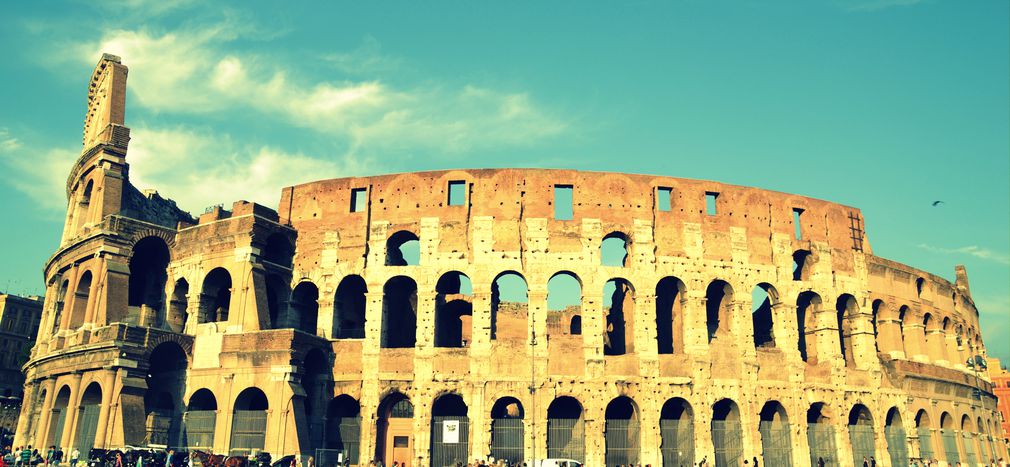
i speak 32 languages
Published on
Ioannis Ikonomou speaks 32 languages. He explains that the benefits of language learning are multifaceted. Speaking foreign languages transforms your experience of life
Multiculturalism makes us more human, and in turn more European. When we are receptive to external stimuli from different languages and cultures we ourselves become richer in every way. Coming from someone who speaks 32 languages, both active and ‘dead’, who has studied the history and origins of most known languages, and who has travelled the world in order to speak them, this statement carries considerable weight.
Ioannis Ikonomou is one of the hundreds of translators that work for the European Commission. What makes him stand out though is his thorough knowledge of dozens of languages and the enthusiasm with which he expresses his passion for learning languages.
‘I don’t learn languages to have them in dictionaries gathering dust’ he explains. Languages are learnt to be lived. And the best part of learning a language is that it enriches your life, it allows you to travel to different places and communicate with the locals in their own language, to delve into new cultures, new mentalities, and different ways of life.
Language learning should begin from a young age, from the moment the mind can start soaking up new words and new worlds and when the sound of different tongues serves as a stimulus for a life of globe trotting. That is what happened with Ikonomou who says that it was the sounds made by foreign tourists on his home island of Crete that inspired him to start learning languages. Indeed, learning to communicate in the language of the ‘other’ opens up more doors than a ‘common’ language ever will. The late Nelson Mandela said, ‘if you talk to a man in a language he understands, that goes to his head. If you talk to him in his language, that goes to his heart.’
Ikonomou tells me how his knowledge of languages has helped him read literature he would have never been able to discover had he not known the corresponding languages. He says that many Hungarian, Turkish, Polish, Romanian and other great writers have not even been translated into English. When you invest time to learn a language, you expect to reap the fruits of your labour – and just as money breeds greed, language learning breeds a burning desire for life experiences, memories, and friendships. This is what it really means to be European. Breaking monolingual language barriers and stepping into the realm of the ‘other’ – that’s what it’s all about. By learning languages you allow yourself to engage and interact with different cultures, values and traditions.
Every language is a different world, a different way of life, a unique mentality, and as such even the simplest of words (for example ‘bread’) will have different connotations in every language. Translators and interpreters have a difficult job. Ikonomou knows this well, having served as both. But at the same time he relishes the mental challenge offered by his job, because, as he says, leaping from language to language is a fantastic exercise. It is like balancing between worlds.
Having studied linguistics, Ikonomou knows that learning the history and origins of languages helps you to better understand your own. In the words of Johann Wolfgang von Goethe, ‘those who know nothing of foreign languages know nothing of their own.’
Multiculturalism and multilingualism imply openness. Theysuggest that you are able to escape the introvert phobias that are prevailing in Europe with the rise of the far-right, and that you are able to live with and learn from the ‘other’. Ulysses was enriched by the cities he encountered and the people he met, says Ikonomou as he recites a lyric from Homer in ancient Greek. Ulysses was much more prosperous than his son Telemachos who stayed in Ithaca all his life, and as such Ikonomou declares, ‘I want to be Ulysses,’ living in an open society. He dreams of an open society receptive to stimuli and different people from around the world, because it is only when we embrace each other’s cultures and languages that we will truly be able to live harmoniously with one other.
Ikonomou says that he doesn’t want to live his life stuck in a daily routine. What better way to break free from schedules than delving into a different world, culture and way of life? By truly learning what ‘united in diversity’ means, and by being able to acquire an insight into the customs and life of our European neighbours.



